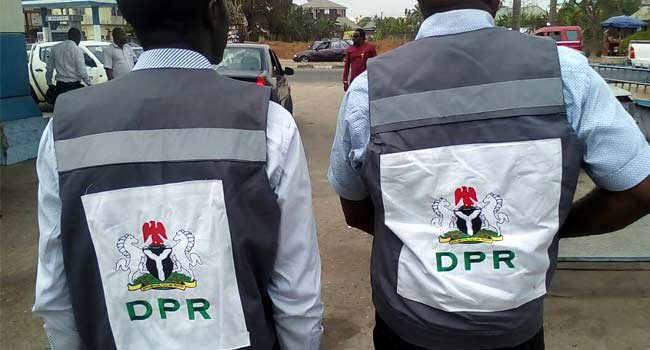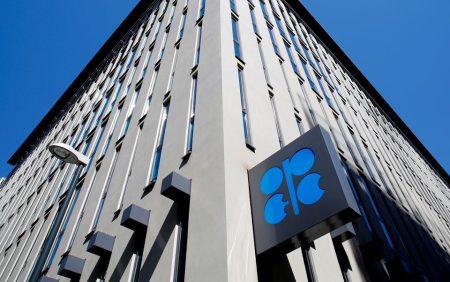
OpeOluwani Akintayo
Lagos — Director, Department of Petroleum Resources, DPR, Sarki Auwalu has said the agency hopes to increase its revenue generation target to N2.3 trillion next year.
Speaking during an interactive session with the House of Representatives Committee on Petroleum (Upstream) in Lagos, Auwalu said the target comes on the heels of over N1 trillion generated this year with an average of N1.9 billion revenue per staff.
According to him, the oil industry is facing challenges bordering on oil price crash, OPEC cuts, and Covid-19, therefore the need to ramp up more revenue generation avenues. This he said, necessitates enacting regulations that encourage investment and the passage of the Petroleum Industry Bill, PIB.
“As one of government agencies, we are also looking at ways to increase our revenue target for next year to N2.3 trillion,” he said.
According to the DPR, some of the revenue generated and remitted by the agency would save the country from additional and conditional borrowing from the Bretton Woods institution, adding that it had enjoined the government to delay and possibly ignore the loan.
He stressed the need to ease regulations to open up the sector for investment, considering the number of open acreages yet to be explored in frontier and inland basins and increased competition from neighbouring countries.
On the delayed $1.5 billion World Bank loan, Auwalu said with the remittance of at least $1.03billion to the Federation Account and an additional $600million expected from oil and gas royalties and legacy debts, Nigeria might not need to source for a loan.
DPR warns marketers against exploitation
DPR collects oil and gas royalties, which represent the proportional value of oil and gas production and sales from oilfields, gas flare penalties imposed for gas flaring, concession rentals, paid for the grant of oil and gas acreages by exploration and production companies, and miscellaneous oil revenue which consists of statutory application fees, license and permit fees, and penalties.
The World Bank had been delaying the loan sought by the government due to concerns over reforms. The bank believes the country has not shown enough commitment towards achieving them.
Part of the conditions to obtaining the loan listed by WB had included the unification of the naira and removal of fuel subsidy.
The delay had left the country, which has been battling with low oil prices, with a huge revenue gap that makes it difficult to fully finance the revised $28.35 billion (N10.8 trillion) 2020 budget.



